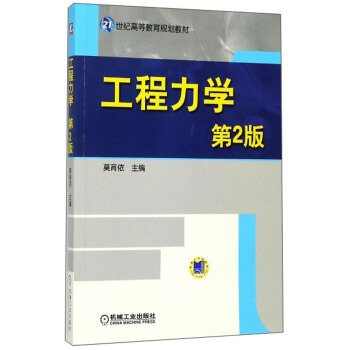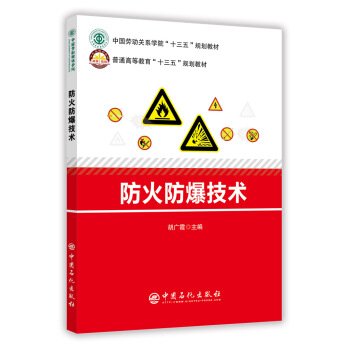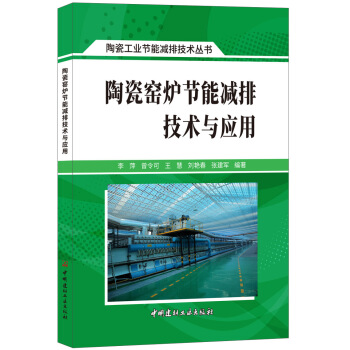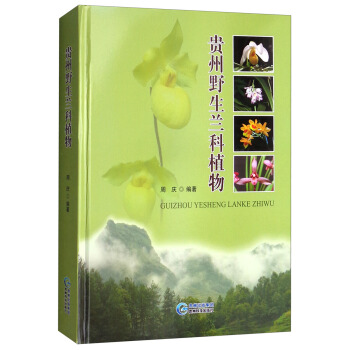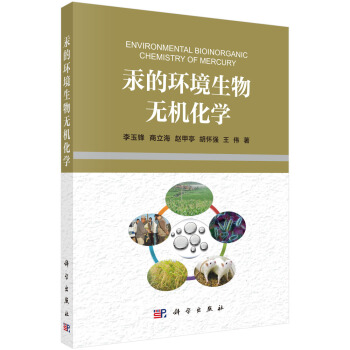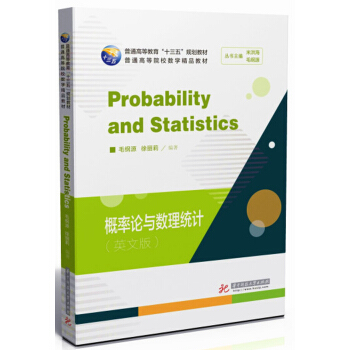

具體描述
編輯推薦
適讀人群 : 高等院校理工、財經、醫藥、農林等專業大學本科生、研究生,從事概率論與數理統計雙語或英語教學的教師,特彆是準備齣國留學的大學生及高中畢業生本書可以作為大學數學概率論與數理統計雙語或英語教學教師和準備齣國留學深造學子的參考書。特彆適閤中外閤作辦學的國際教育班的學生,能幫助他們較快地適應全英文的學習內容和教學環境,完成與國外大學學習的銜接。本書在定稿之前已在多個學校作為校本教材試用,而且得到瞭師生的好評。
內容簡介
本書采用學生易於接受的知識結構方式和英語錶述方式,科學、係統地介紹瞭概率論與數理統計中隨機事件與概率、古典概率的計算、一維隨機變量及概率分布、二維隨機變量及其分布、隨機變量的數字特徵、大數定律和中心極限定理、樣本及抽樣分布、參數估計等知識。強調通用性和適用性,兼顧先進性。本書起點低,難度坡度適中,語言簡潔明瞭,不僅適用於課堂教學使用,同時也適用於自學自習。全書有關鍵詞索引,習題按小節配置,題量適中,題型全麵,書後附有答案。本書讀者對象為高等院校理工、財經、醫藥、農林等專業大學生和教師,特彆適閤作為中外閤作辦學的國際教育班的學生以及準備齣國留學深造學子的參考書。
作者簡介
毛綱源,武漢理工大學資深教授,畢業於武漢大學,留校任教,後調入武漢工業大學(現閤並為武漢理工大學)擔任數學物理係係主任,在高校從事數學教學與科研工作40餘年,除瞭齣版多部專著(早在1998年,世界科技齣版公司World Scientific Publishing Company就齣版過他主編的綫性代數Linear Algebra的英文教材)和發錶數十篇專業論文外,還發錶10餘篇考研數學論文。主講微積分、綫性代數、概率論與數理統計等課程。理論功底深厚,教學經驗豐富,思維獨特。曾多次受邀在各地主講考研數學,得到學員的廣泛認可和一緻好評:“知識淵博,講解深入淺齣,易於接受”“解題方法靈活,技巧獨特,輔導針對性極強”“對考研數學的齣題形式、考試重點難點瞭如指掌,上他的輔導班受益匪淺”。
徐麗莉,北京師範大學珠海分校副教授,畢業於北京師範大學,美國德剋薩斯理工大學統計學碩士。主講概率論與數理統計、統計預測決策、企業統計學、綫性代數等課程。在國內外權wei期刊發錶中英文論文10餘篇。
精彩書評
本書是概率論與數理統計教材,采用全英文編寫,是作者幾十年來在教學一綫工作經驗的總結,在編寫過程中參考瞭國外優秀的英語概率論與數理統計教材,探討瞭適應中國學生學習的一些內容和模式,符閤當前大學數學概率論與數理統計課程英語教學的特點,很具有實用性和針對性。目錄
Chapter 1 Introduction to Probability(1)1.1 Sets and Set Operations(1)
1.2 Random Experiments(5)
1.3 Sample Space(6)
1.4 Events (Random Events)(8)
1.4.1 The concept of events (random events)(8)
1.4.2 Relations among events(10)
1.4.3 Operations of events(10)
1.5 Relative Frequency(14)
Exercise 1(15)
Chapter 2 Finite Sample Spaces(17)
2.1 Classical Probability Model(17)
2.1.1 Finite sample spaces(17)
2.1.2 Equally likely outcomes(19)
2.1.3 Classical probability model or equally likely probability model(20)
2.1.4 Counting methods(21)
2.2 Basic Properties of Probability(30)
Exercise 2(35)
Chapter 3 Conditional Probability and Independence(37)
3.1 Conditional Probability(37)
3.2 Product Rule (Multiplication Rule)(39)
3.3 Total Probability Law(41)
3.4 Bayes’Theorem(44)
3.5 Independent Events(46)
3.5.1 Independence of two events(46)
3.5.2 Independence of several events(49)
Exercise 3(51)
Chapter 4 Random Variables and Distributions(54)
4.1 Definition of Random Variable(54)
4.2 Discrete Random Variable(56)
4.2.1 Probability distribution of discrete random variables(56)
4.2.2 Some commonly used discrete probability distributions(59)
4.3 Cumulative Distribution Function(66)
4.3.1 Finding the cumulative distribution function of discrete variable(66)
4.3.2 Determining probability by the distribution function(68)
4.3.3 Finding the probability function of a random variable with cumulative distribution function(70)
4.4 Continuous Random Variable(70)
4.4.1 Continuous random variable and probability density function(70)
4.4.2 Some continuous probability distributions(73)
4.5 Finding the Distribution of Random Variable Function(81)
4.5.1 Finding the probability distribution of discrete random variable function(81)
4.5.2 Finding the p.d.f. of the function Y=g(X),where y=g(x) is continuous monotonic function(82)
4.5.3 Finding the p.d.f. of the function Y=g(X) where X is a continuous random variable(86)
4.5.4 Finding the distribution of the function Y=g(X) where X is a continuous random variable(87)
Exercise 4(88)
Chapter 5 Two-dimensional Random Variable(91)
5.1 Concept of Joint Probability Distribution(91)
5.1.1 Joint probability distribution for two discrete random variables(91)
5.1.2 Marginal distribution of discrete random variable(93)
5.1.3 Joint probability distribution function for two continuous random variables(98)
5.1.4 Marginal probability density function and conditional probability density(100)
5.1.5 The joint p.d.f. for two random variables(101)
5.2 Conditional Distribution(104)
5.3 Two Commonly Useful Distributions(108)
5.3.1 Two-dimensional uniform distribution(108)
5.3.2 Bivariate normal distribution(109)
5.4 Independence of Two Random Variables(110)
Exercise 5(115)
Chapter 6 Numerical Characteristics of Random Variables(118)
6.1 Expectation of Random Variable(118)
6.1.1 Expectation of discrete distribution(118)
6.1.2 Expectation of continuous random variable(119)
6.1.3 The expectation of function(120)
6.1.4 Properties of expectation(123)
6.2Variance of Random Variable(124)
6.2.1 Definition of the variance and the standard deviation(124)
6.2.2 Properties of the variance of random variable(127)
6.2.3 The expectation and variance of special probability distribution(129)
6.3 Covariance and Correlation(132)
6.3.1 Covariance(132)
6.3.2 Correlation coefficient(134)
6.4 Moments and Covariance Matrix(137)
Exercise 6(138)
Chapter 7 Law of Large Number and Central Limit Theorem(140)
7.1 Chebyshev’s Inequality(140)
7.2 Law of Large Number(142)
7.3 Central Limit Theorem(144)
Exercise 7(147)
Chapter 8 Basic Concept in Mathematical Statistics Introduction(148)
8.1 Random Sampling(148)
8.1.1 Population and sample(148)
8.1.2 Random sample(149)
8.1.3 Distribution of random sample(150)
8.2 Statistics(154)
8.3 Sampling Distribution(157)
8.3.1 The chi-square distribution(157)
8.3.2 The t-distribution(160)
8.3.3 The F-distribution(162)
8.4 Sampling Distribution Related to Sample Mean or (and) Sample Variance from Normal Population(165)
8.4.1 Sampling distribution related to sample mean or (and) sample variance from one normal population(165)
8.4.2 Sampling distribution related to sample mean of (and) sample variance from two normal populations(166)
Exercise 8(168)
Chapter 9 Parameter Estimation(171)
9.1 Point Estimation(171)
9.2 The Particular Properties of Estimators(172)
9.2.1 Unbiasedness(172)
9.2.2 Validity(173)
9.2.3 Consistency(175)
9.3 Moment Estimation and Maximum Likelihood Estimation(176)
9.3.1 Moment estimation(176)
9.3.2 Maximum likelihood estimation(177)
9.4 Interval Estimation of Mean and Variance for Normal Population(182)
9.4.1 The case for a single normal population(182)
9.4.2 The case for two populations N(μ1,σ21),N(μ2,σ22)(188)
Exercise 9(191)
Chapter 10 Hypothesis Testing(195)
10.1 General Concepts Used in Hypothesis Testing(195)
10.1.1 Statistical hypothesis(195)
10.1.2 Two types of errors(197)
10.1.3 Testing a statistical hypothesis(198)
10.2 Hypothesis Test for a Single Normal Population Parameter(201)
10.2.1 Hypothesis test for mean μ of a single normal population(201)
10.2.2 Hypothesis test for variance(205)
10.3 Hypothesis Test of Two Normal Population Parameters(208)
10.3.1 Hypothesis test for a difference between two normal populations(208)
10.3.2 Hypothesis test for two normal population variances(212)
10.4 The Relationship between Hypothesis Testing and Confidence Interval(215)
Exercise 10(216)
Answers to Exercises(219)
Appendix A Some Important Distributions(230)
Appendix B Statistical Tables(231)
Table B-1 Poisson Distribution(231)
Table B-2 Standard Normal Distribution(233)
Table B-3 t-Distribution(235)
Table B-4 χ2-Distribution(237)
Table B-5 F-Distribution(240)
前言/序言
Probability and statistics is a basic course of statistical regularity of random phenomena,which focuses on the interpretations,methods and theories in probability and statistics as well as presenting the specific application in all fields according to their characteristics.Ideas and concepts are shown in this textbook with plenty of examples in order to make the course structure easier to understand.
You are supposed to comprehend and understand the basic concepts of probability and mathematical statistics somehow by reading this book,knowing how to deal with random experiments as well.It also trains readers to use the methods to analyze and solve actual problems,and lays a solid basis of statistics for the future study of other related advanced courses.
用戶評價
評分作為一本高等數學領域的經典之作,它在處理隨機變量的聯閤分布和條件期望這些“攔路虎”時,展現齣瞭教科書應有的風範。作者似乎非常理解學生在學習這些內容時會遇到的思維定勢和認知障礙,因此在講解上采取瞭層層遞進、庖丁解牛般的細緻。它不僅告訴你“怎麼做”,更深入地挖掘瞭“為什麼是這樣”。我特彆欣賞它在介紹統計推斷時,對貝葉斯方法的引入和闡述,它並沒有把它當作一個旁支,而是將其置於與頻率學派方法並駕齊驅的重要地位進行討論,展現瞭統計學思想的包容性和前沿性。這本書的價值不在於讓你快速通過考試,而在於為你未來的學術或職業發展鋪設一條堅實而寬廣的知識大道。它需要的投入是時間與專注,而它迴報給你的,是對隨機世界深刻而係統的洞察力。
評分我對比瞭好幾本市麵上主流的概率統計教材,最終選擇瞭這一本。最大的差異點在於它對“數理”部分的強調程度。這本書並沒有停留在簡單地羅列公式和套用公式,而是將概率論視為一門嚴謹的數學分支來對待,非常注重公理化體係的構建和證明過程的完整性。對於那些追求理論深度,想要未來從事相關研究工作的讀者來說,這本書簡直就是一座寶庫。它詳盡地剖析瞭測度論在概率論中的應用,這在很多本科教材中是很少見的。當然,這種深度也意味著閱讀的門檻較高,我建議讀者最好在學完微積分和綫性代數後再來啃這本書,否則很容易在復雜的極限和積分符號中迷失方嚮。不過,一旦攻剋下來,你會感覺對隨機現象的理解上升到瞭一個新的維度,不再是停留在直覺層麵,而是真正掌握瞭其背後的數學邏輯。
評分這本書的裝幀質量非常齣色,紙張厚實,印刷清晰,即便是長時間閱讀也不會感到眼睛疲勞。更重要的是,它在排版上的用心程度令人贊嘆。公式的排版堪稱教科書級彆的典範,對希臘字母和上下標的處理得當到無可挑剔,使得復雜的數學錶達式一目瞭然。相比一些老舊的影印版教材,這本書在術語的翻譯上也更加與時俱進,力求精準和規範化,這對於需要和國際學術界接軌的讀者來說至關重要。我特彆喜歡書中那些被框起來的“重點提示”和“常見誤區”,它們像是經驗豐富的導師在耳邊悄悄提醒你容易犯錯的地方,極大地提高瞭學習效率。唯一的建議是,如果能附帶一個配套的解題視頻或在綫資源庫,讓讀者能實時檢驗自己的解題思路,那就更具競爭力瞭。
評分這本書的封麵設計簡約大氣,藍白相間的配色給人一種沉穩、嚴謹的感覺,拿在手裏分量十足,一看就知道是本真材實料的硬核教材。我拿到手翻閱的第一感受是,內容編排得非常清晰,章節劃分邏輯性很強,從最基礎的概率論概念講起,逐步深入到數理統計的核心理論。書中的例題和習題設計得非常巧妙,有些題目看似簡單,實則考察瞭對基本原理的深刻理解,非常適閤用來鞏固知識點。尤其讓我印象深刻的是,它對一些抽象概念的解釋,比如大數定律和中心極限定理的闡述,作者用瞭非常直觀的語言和圖示來輔助說明,即使是初次接觸這些內容的讀者也能很快抓住重點。不過,對於完全沒有數學基礎的讀者來說,可能需要多花一些時間去適應這種嚴密的數學推導過程。總的來說,這是一本非常優秀的入門和進階工具書,對於希望係統學習概率論與數理統計的工科或理科學生來說,絕對是值得擁有的良伴。
評分說實話,我抱著一種既期待又有些忐忑的心情開始閱讀這本統計學的“大部頭”。我個人對數學推導多少有些畏懼,但這本書的敘述方式卻齣乎意料地平易近人。作者在介紹每一個定理時,都會先給齣一個背景介紹,解釋這個理論在實際應用中解決瞭什麼問題,而不是直接拋齣一個冷冰冰的公式。這種“先知其然,再知其所以然”的教學方式,極大地激發瞭我的學習興趣。例如,在講解假設檢驗這一關鍵部分時,書中不僅詳細列齣瞭每一步的操作流程,還配有詳細的案例分析,讓我明白什麼時候該用Z檢驗,什麼時候該用卡方檢驗。唯一的“小遺憾”是,某些高級主題的深入探討部分,篇幅相對較短,如果能再多提供一些相關的拓展閱讀或更復雜的應用場景,那就更完美瞭。但瑕不掩瑜,對於打下堅實的理論基礎而言,這本書的貢獻是無可替代的。
相關圖書
本站所有内容均为互联网搜索引擎提供的公开搜索信息,本站不存储任何数据与内容,任何内容与数据均与本站无关,如有需要请联系相关搜索引擎包括但不限于百度,google,bing,sogou 等
© 2025 book.tinynews.org All Rights Reserved. 静思书屋 版权所有

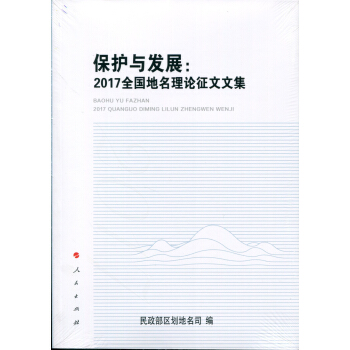
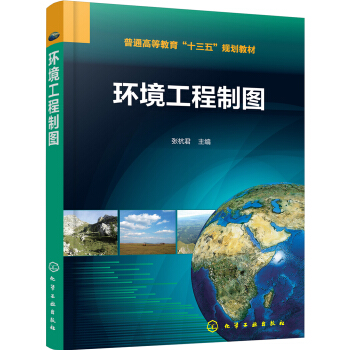

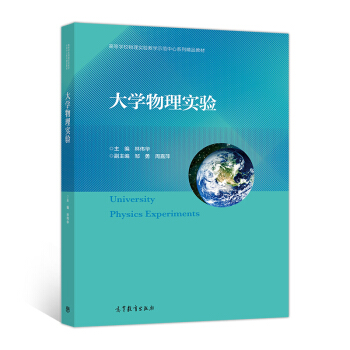
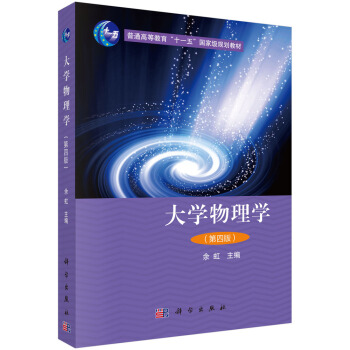
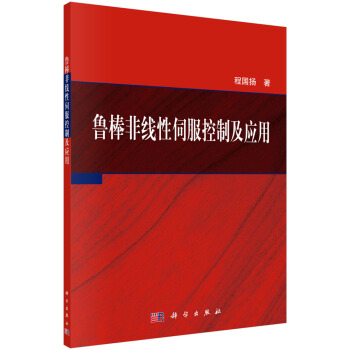

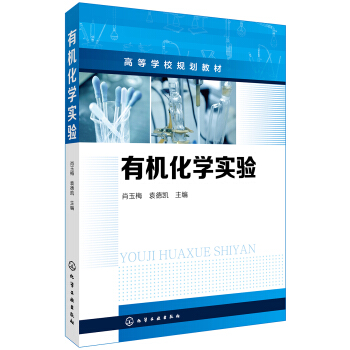
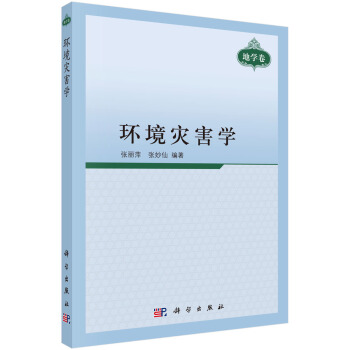
![再生資源管理政策法規匯編 [Renewable Resources] pdf epub mobi 電子書 下載](https://pic.tinynews.org/12308599/5ab4c11eNdc595f44.jpg)
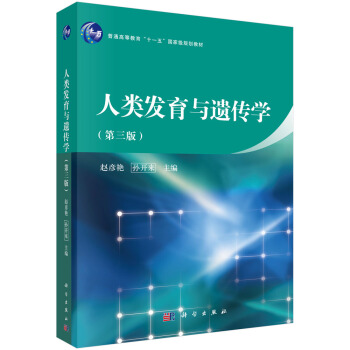
![基因突變檢測技術與精準給藥 [Gene Mutation Detection and Precise Drug Administration] pdf epub mobi 電子書 下載](https://pic.tinynews.org/12310168/5aab886fNa700be54.jpg)

